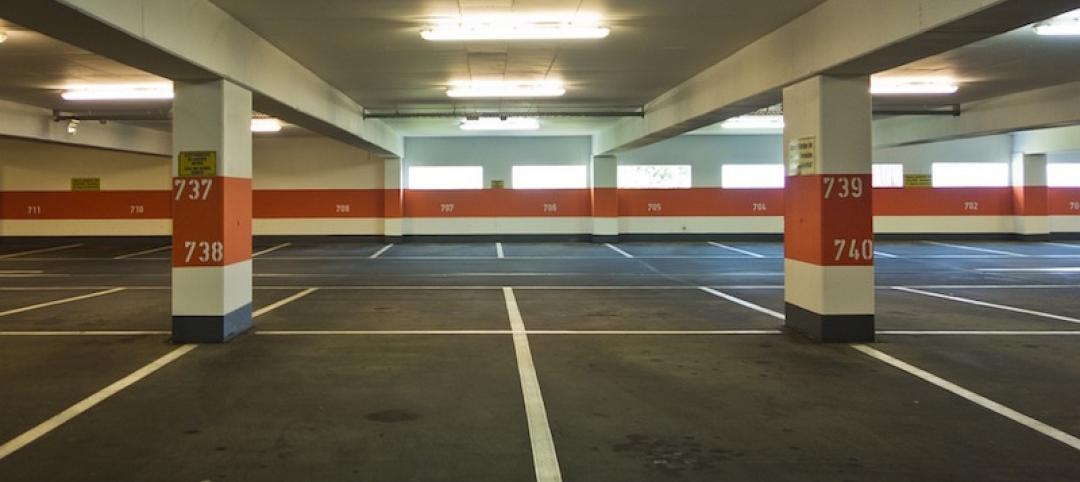Austin, Texas recently became the largest city in the United States to stop requiring new developments to set a minimum amount of parking.
The Austin City Council voted 8-2 earlier this month to eliminate parking requirements in an effort to fight climate change and spur more housing construction as Texas’s capitol grapples with a housing affordability crisis. Supporters of the measure say minimum parking rules drive up housing costs and prompt more people to be dependent on cars for transportation. Opponents counter that easing or eliminating parking requirements will cause parking to spill over onto neighboring streets and clog traffic.
The new parking rule does not prevent developers from adding parking. They will be able to decide how much parking they need for their project.
To create more affordable housing, Austin officials are also considering measures to allow up to three housing units in most places where single-family homes are allowed and reduce minimum lot sizes for certain multifamily buildings.
Related Stories
Standards | Aug 16, 2016
Standard for conducting, reporting energy audits open for review
A joint ASHRAE/ACCA proposal seeks comments from industry professionals.
Legislation | Aug 10, 2016
Calif. bill would speed up environmental lawsuits on certain projects
A nine-month limit has been proposed for some $100 million-plus projects.
Resiliency | Aug 10, 2016
White House pushes for better finance strategies for disaster mitigation and resilience
The move highlights innovative insurance, mortgage, tax, and finance-based strategies.
Regulations | Aug 9, 2016
New trend eases parking requirements for U.S. cities
Transit-oriented development and affordable housing are spurring the movement.
Regulations | Aug 8, 2016
EPA toughens rules to reduce formaldehyde exposure from composite wood products
Products will now have to be labeled as compliant to the new rules.
Regulations | Aug 5, 2016
Stop-work orders in New York City up sharply this year
The orders come after a rise in the number of deadly accidents that have occurred in the past few years.
Sustainability | Aug 4, 2016
S.F. Bay Area voters approve first-of-its-kind tax to fight impact of climate change
The funds from the tax will be used to restore wetlands
Concrete | Aug 2, 2016
Concrete Association builds case against cross-laminated timber
The campaign asserts that not enough is known about CLT in construction
Seismic Design | Jul 28, 2016
Risk of man-made earthquakes now factor in seismic hazard analysis
Significant risk increases seen in some areas of the U.S.
Resiliency | Jul 27, 2016
New York’s resilience plans not taking long-term view, critics charge
Continued waterfront development may be regretted later this century.















